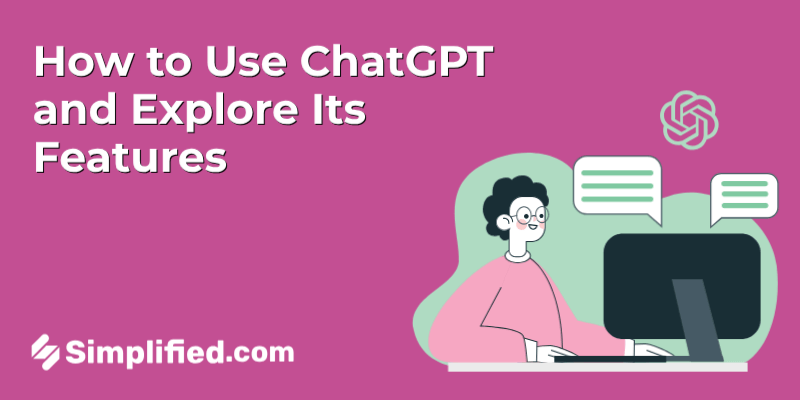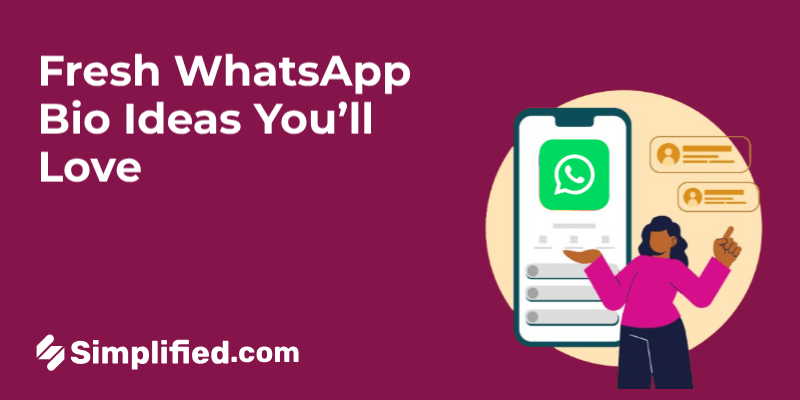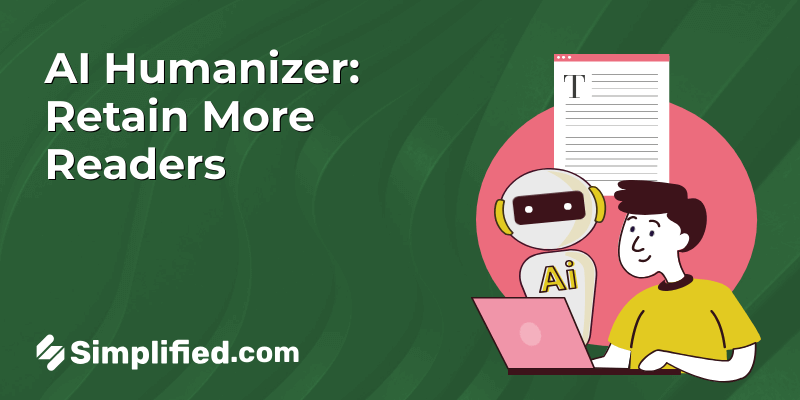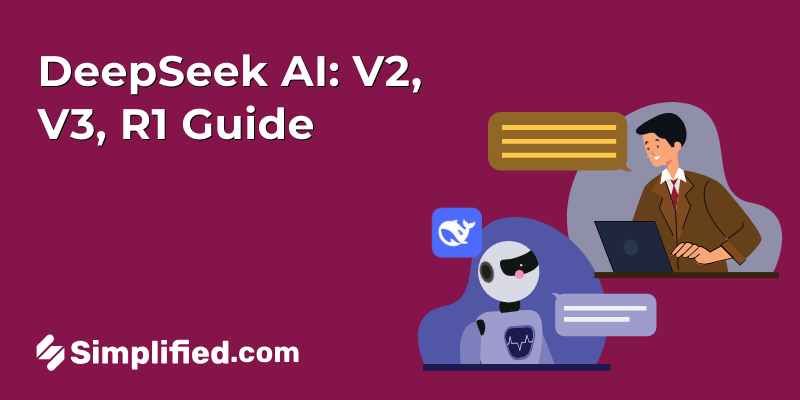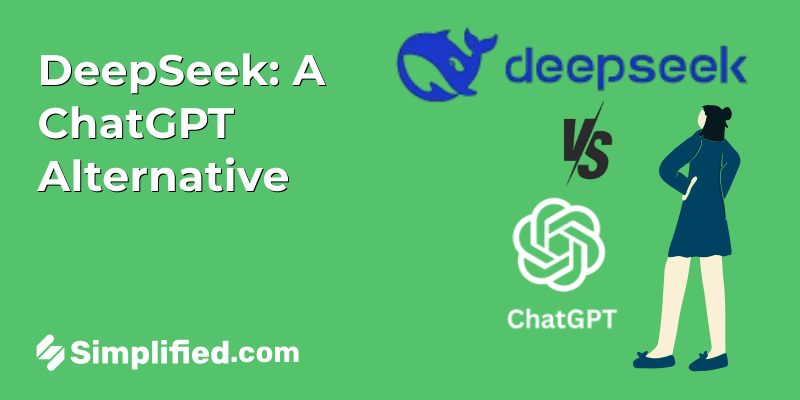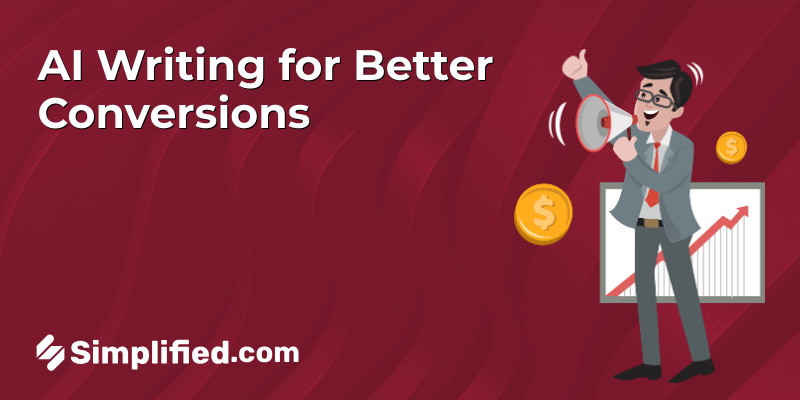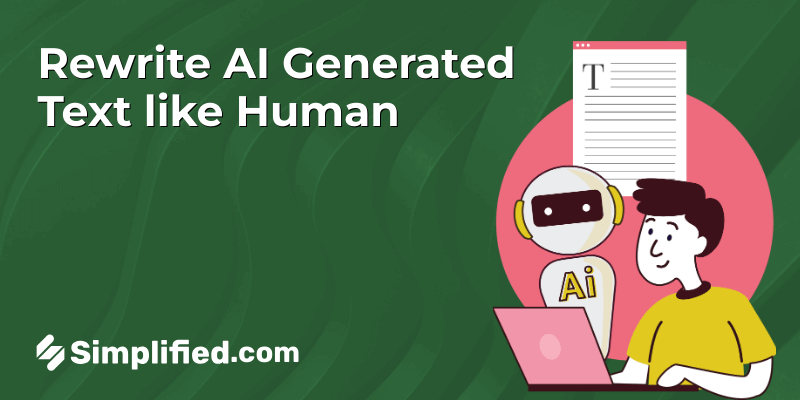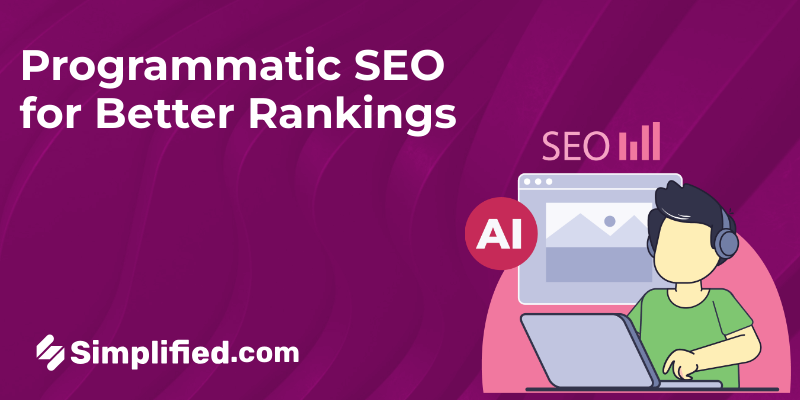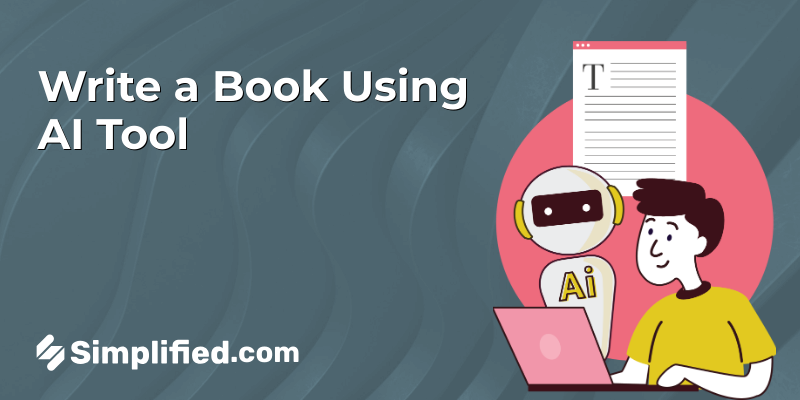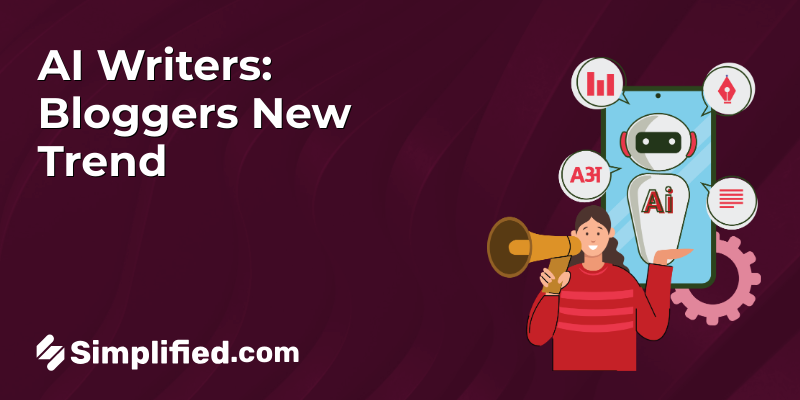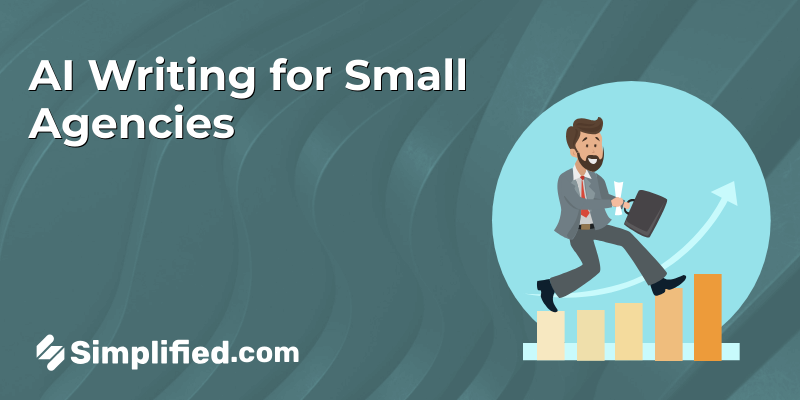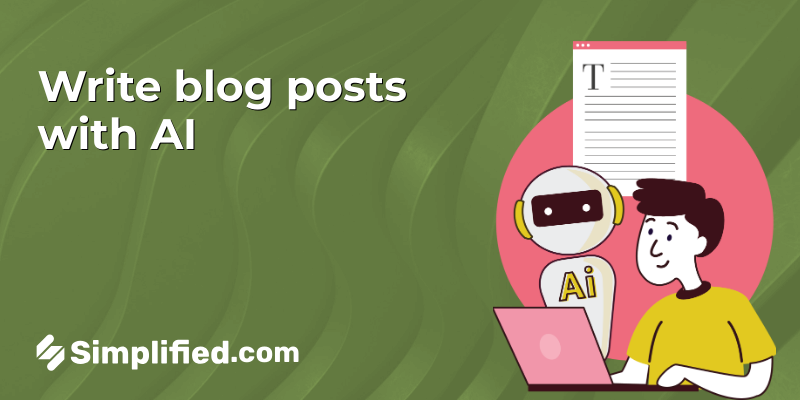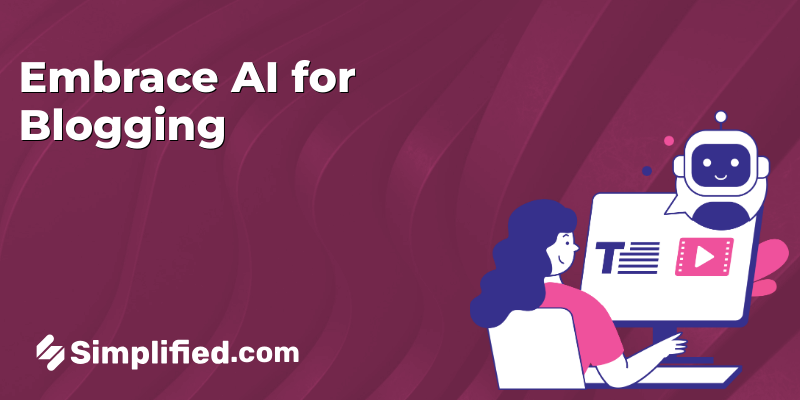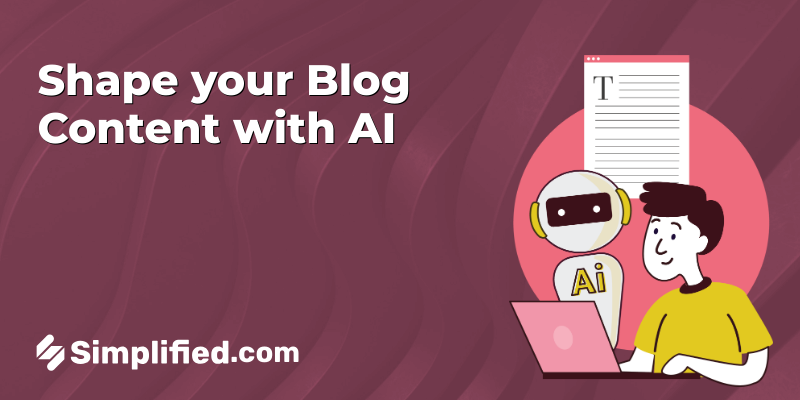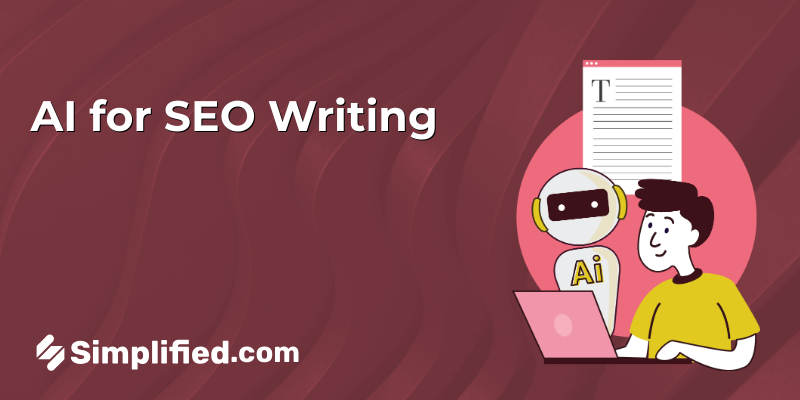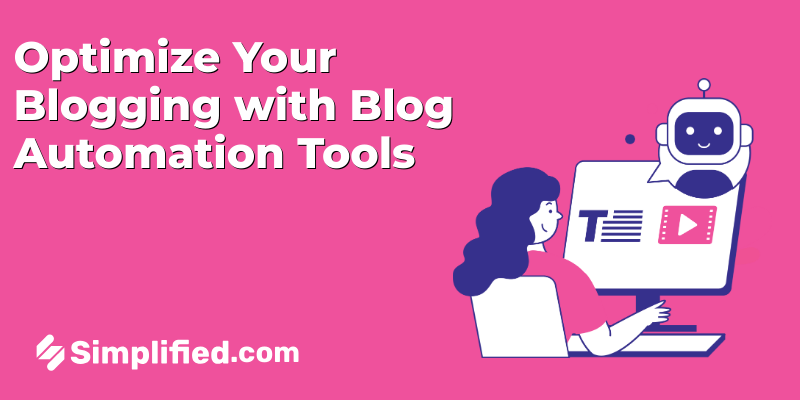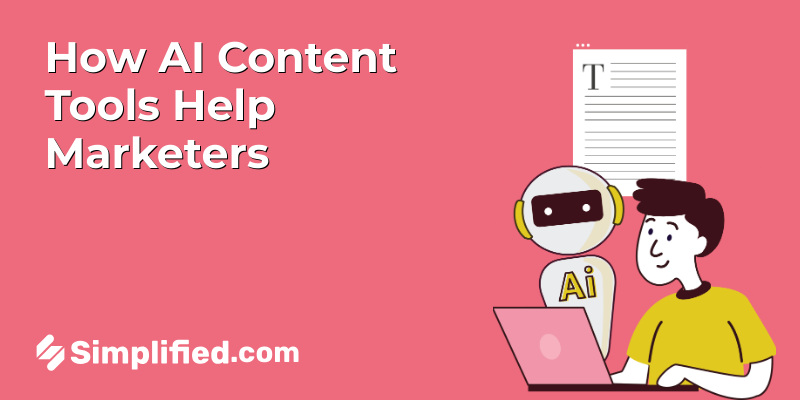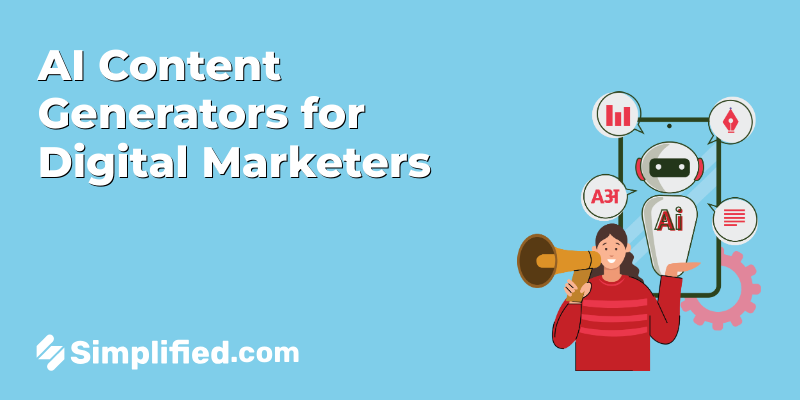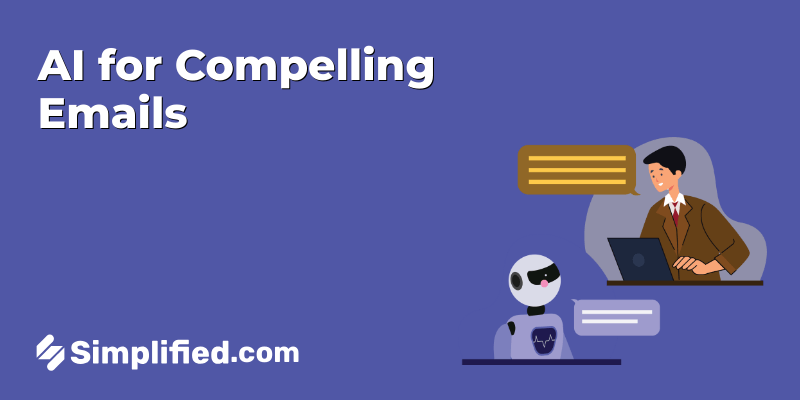
Imagine having the ability to predict exactly what your subscribers want to read in your emails before they even open them. What if a system could create personalized content that fits each recipient’s preferences and behaviors, leading to higher engagement rates?
Welcome to the world of AI email marketing, where machine learning algorithms and predictive analytics are changing traditional strategies into data-driven campaigns. But how do these AI tools improve email marketing, and what steps can marketers take to use them?
In this blog, we’ll explore the capabilities of AI technologies, examining how they can help marketers deliver targeted messages, improve email timing, and drive conversions. Stay tuned as we reveal strategies for using AI to enhance your email marketing efforts.
Understanding AI’s Role in Email Marketing
AI tools are important in email marketing by helping businesses develop better campaigns. The technology analyzes user behavior, preferences, and engagement patterns using data. This information allows marketers to create campaigns that connect with specific audience segments.
Key Components of AI-Driven Email Marketing Include:
- Data Analysis: AI processes consumer data to identify trends and inform strategies.
- Personalization: By understanding recipient preferences, AI supports the creation of relevant content.
- Automation: AI automation tools handle various aspects of email marketing, from sending emails at suitable times to segmenting audiences.
Improving Engagement with AI Email Writing Tools
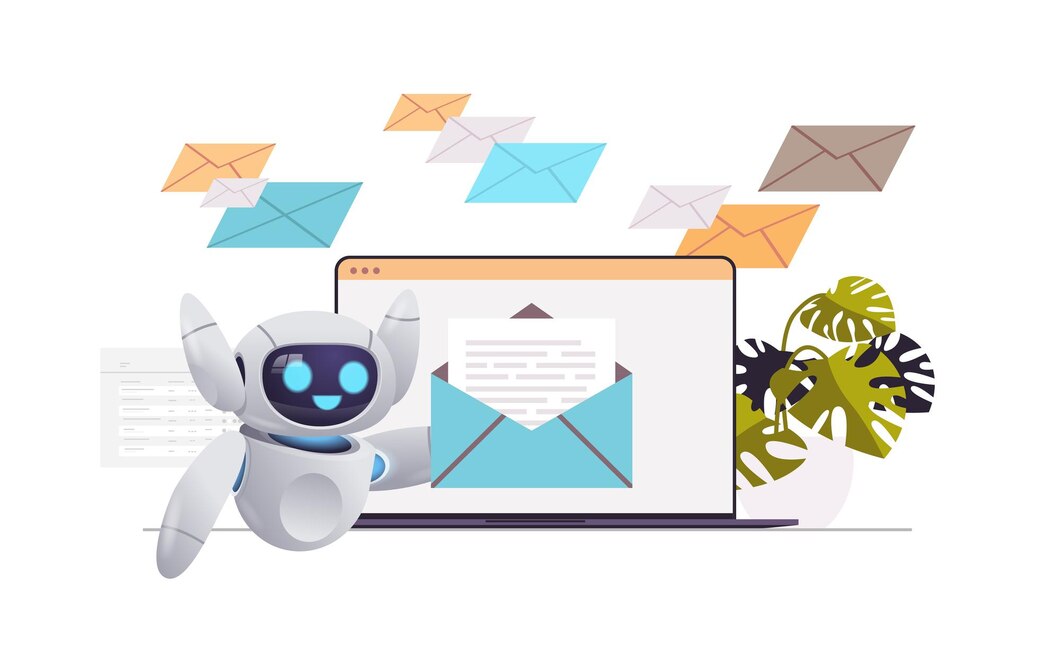
Personalization is now an expectation in email marketing. AI email writing tools help businesses analyze consumer data to create content that matches individual preferences.
Benefits of AI Personalization:
- Relevant Recommendations: AI examines past purchase behavior and browsing history to generate product recommendations in email content.
- Optimized Sending Times: AI suggests the best times to send emails for each recipient.
- Dynamic Content: Marketers can use AI to produce content that changes based on recipient interests and past interactions.
Strategies for Effective Personalization
To make the most of AI in personalization, marketers should:
- Integrate AI Tools with CRM Systems: This provides comprehensive consumer data for focused campaigns.
- Segment Audiences: Use AI insights to divide the audience for more precise messaging.
- A/B Testing: Regularly test different content variations to see which performs better.
By personalizing emails, marketers can improve engagement and foster customer loyalty.
Bonus: How to Write a Sales Demo Cold Email That Gets Results
Automating Campaigns with Email Marketing Automation
AI-powered email marketing automation simplifies managing campaigns. Automation tools allow marketers to set up workflows that run with minimal human intervention.
Key Automation Tasks:
- Welcome Emails: Automatically send welcome emails to new subscribers for immediate engagement.
- Abandoned Cart Follow-ups: AI triggers follow-up emails to users who leave items in their cart, encouraging them to complete their purchase.
- Re-engagement Campaigns: Identify inactive subscribers and send targeted emails to renew their interest.
Steps to Implement Automation
- Define Campaign Goals: Identify what you want to achieve with the campaign, such as increased sales or customer retention.
- Create Automated Workflows: Design a series of emails that guide subscribers through their journey, from welcome to conversion.
- Monitor Interactions: Use AI to track recipient interactions and adjust workflows based on their behavior.
Integrating AI into email marketing automation allows for timely and relevant messages, improving campaigns without manual oversight.
Creating Engaging AI Email Content
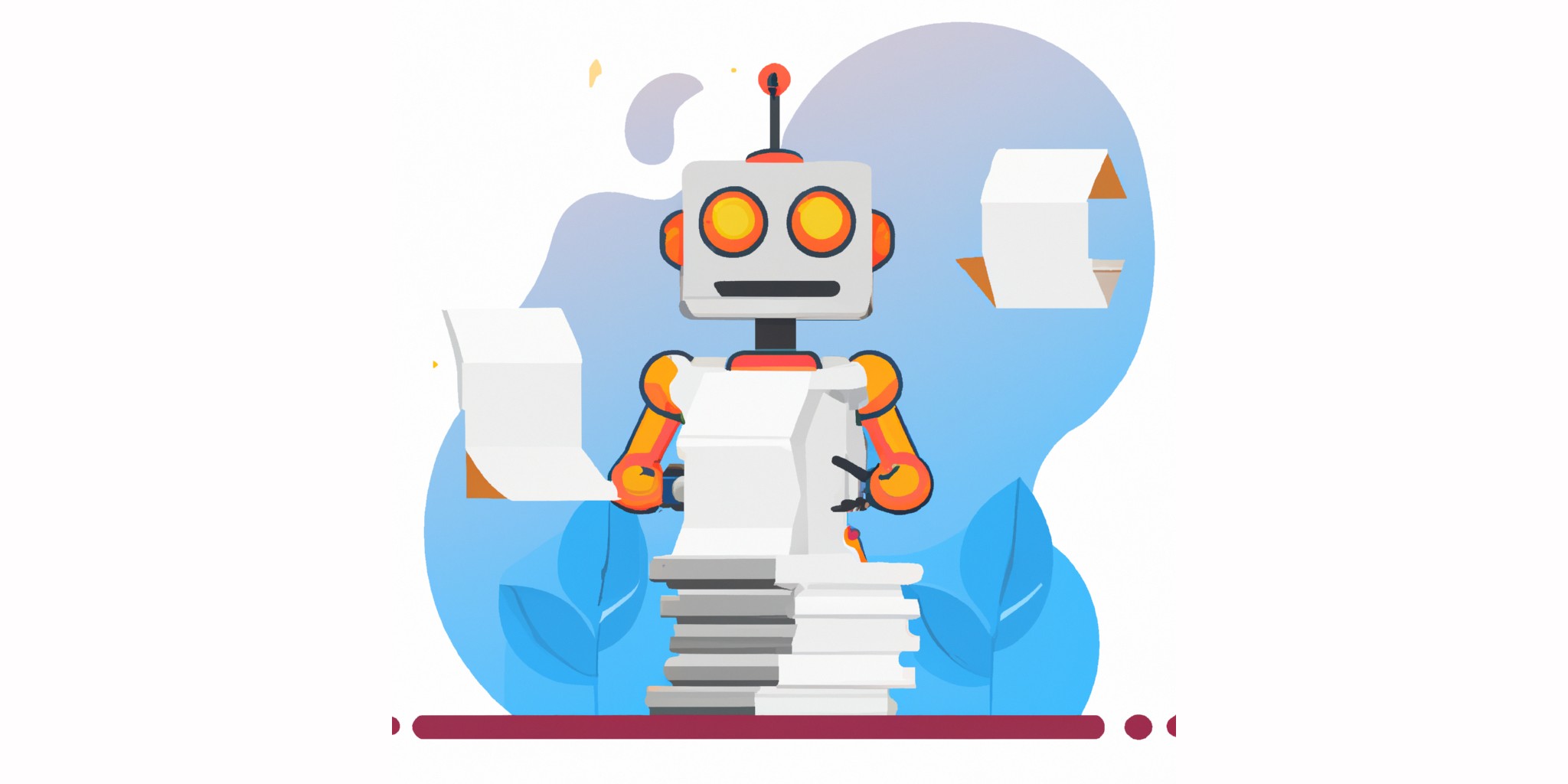
Creating effective email content is essential for successful marketing campaigns. AI content generators can help marketers produce engaging messages.
How AI Enhances Email Content:
- Natural Language Processing: AI analyzes language patterns and consumer sentiment to generate subject lines, body content, and calls-to-action that reflect the brand’s voice. Copper CRM’s AI-generated email templates take this a step further by pulling insights from your brand’s website, voice, and tone to craft personalized, high-converting messages that feel authentic and on-brand. This makes it even easier to send messages to any and all segments.
- Performance Analysis: AI evaluates past email performance to identify which content elements drive engagement, enabling marketers to replicate success in future campaigns.
Bonus: 7 Best AI Email Writers and Assistants That Will 10x Your Productivity
Best Practices for Using AI in Content Creation
- Set Clear Campaign Objectives: Define what you want to achieve with the email campaign, such as increasing sales or driving traffic to your website.
- Feed Data to the AI Tool: Provide data about your audience and brand tone to enable the AI to produce relevant content.
- Monitor and Adjust: Continuously track email performance metrics and iterate on your content strategies based on the data.
This process improves content quality and saves time in content creation.
Optimizing Subject Lines with AI Technology
The subject line is often the first thing recipients see, making it important for encouraging email opens. AI technology plays a role in optimizing subject lines to increase open rates.
Steps to Optimize Subject Lines Using AI:
- Analyze Historical Data: Input data from previous campaigns into the AI tool to identify which subject lines performed best.
- Generate Variations: Use AI recommendations to create multiple subject line options.
- Conduct A/B Testing: Test the generated subject lines to determine which one yields the highest open rates.
By utilizing AI to optimize subject lines, marketers can increase the chances of their emails being opened.
Bonus: The 6 Best Free Email Subject Line Generators You Need To Know
Analyzing Campaign Performance with AI Insights
AI tools provide insights into email marketing campaign performance, allowing marketers to make informed decisions. By examining metrics such as open rates, click-through rates, and conversion rates, AI helps identify patterns and trends that might go unnoticed through manual analysis.
Utilizing AI Insights:
To effectively use AI insights, marketers should:
- Regularly Review Performance Data: Track key metrics provided by AI tools to assess campaign effectiveness.
- Adjust Strategies: Use insights to modify targeting and messaging for better results.
- Implement Continuous Improvements: Make adjustments based on performance analysis to refine future campaigns.
Adopting AI insights enables marketers to improve their understanding of campaign effectiveness and drive better results.
Conclusion
AI tools are changing email marketing, offering opportunities to improve personalization, optimize content, and increase Interaction rates. By integrating AI solutions, businesses can automate their marketing processes, ensure timely deliveries, and gain insights into consumer behavior.
If you’re ready to enhance your email marketing strategy, consider adopting AI solutions that align with your business goals. As the digital landscape continues to evolve, embracing new technology is essential.
Subscribe to our blog for more insights on integrating AI into your marketing strategy and receive updates on tools that can support your business. Take the next step in your marketing journey today.


